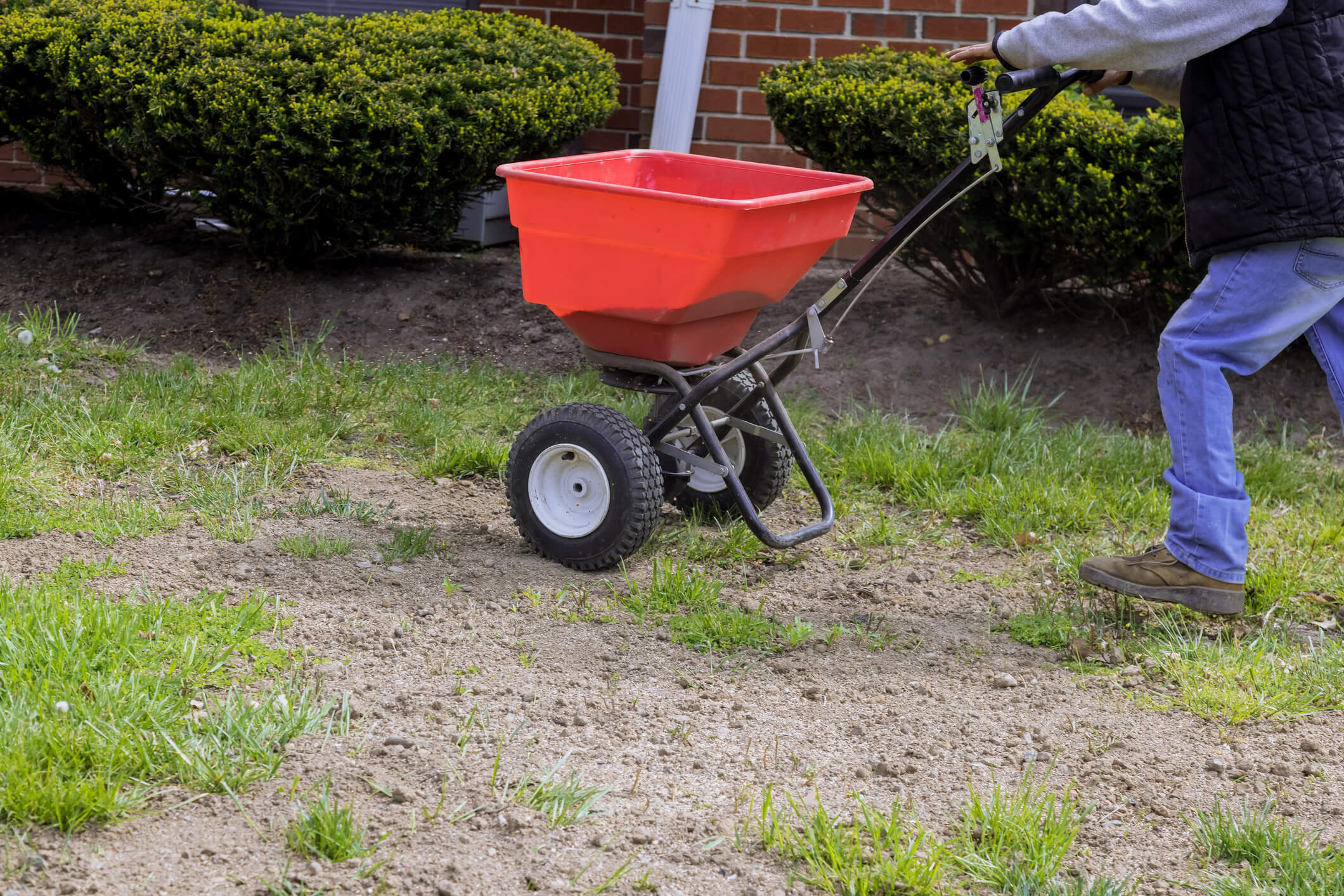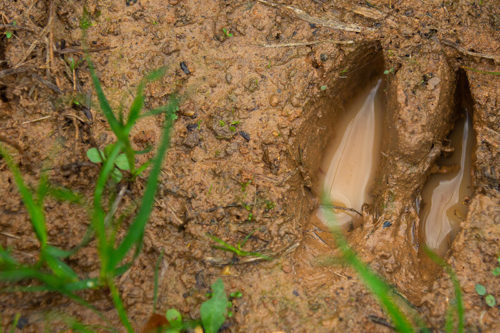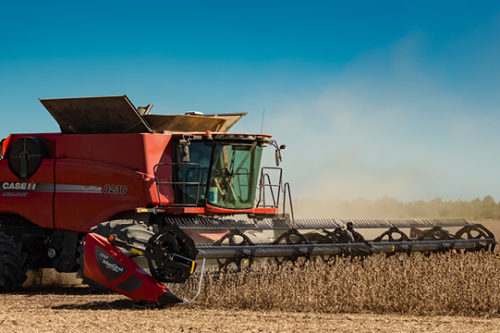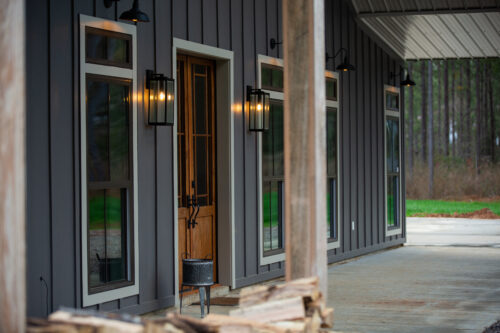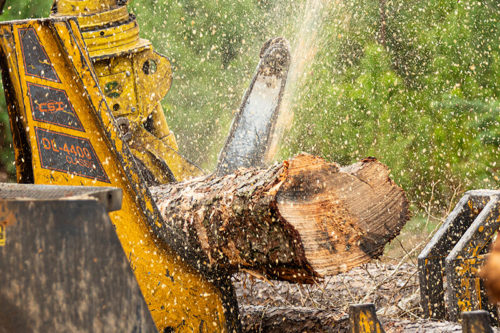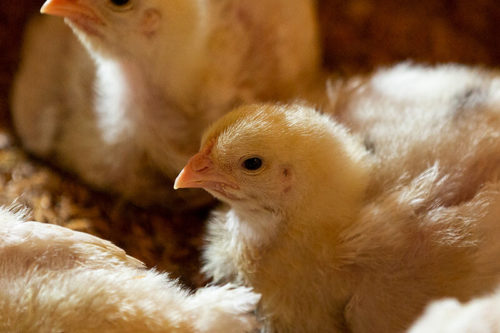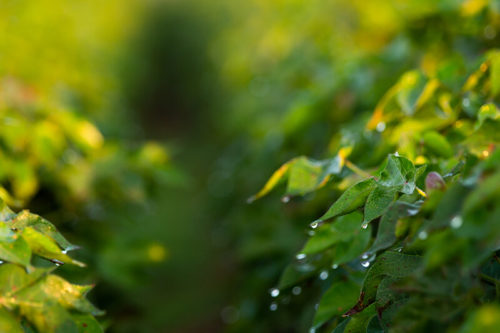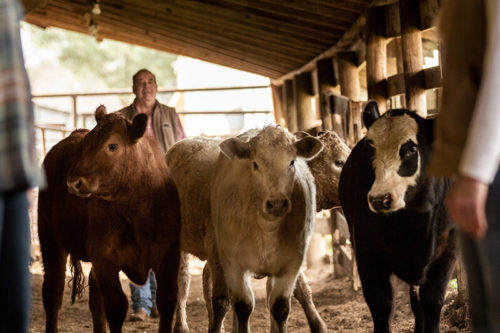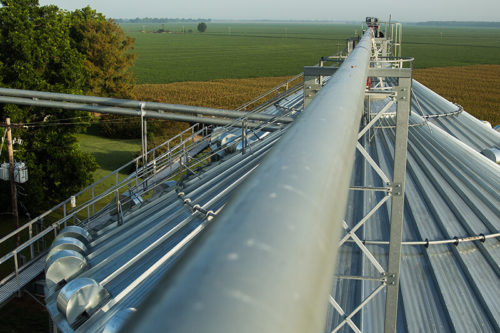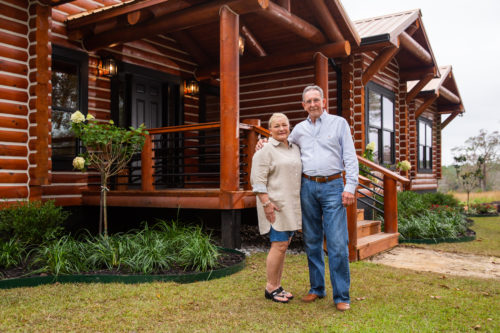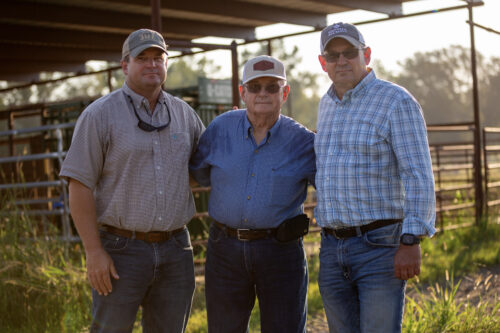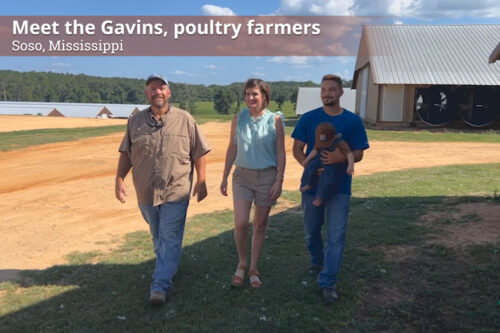Growing Healthy Lawns: Turf Management in Louisiana and Mississippi
For homeowners whose landscaping is a point of pride, the lawn is often considered their crown jewel. Since beautiful turf doesn’t just happen by itself, we’ve assembled some information on grass maintenance in your area of Louisiana and Mississippi. We are fortunate to have turf experts near us with all the information we need to improve our lawns.
Louisiana and Mississippi Growing Zones
First, it’s important to recognize your growing zone when consulting with a lawn expert or considering grasses for your landscaping.
Louisiana
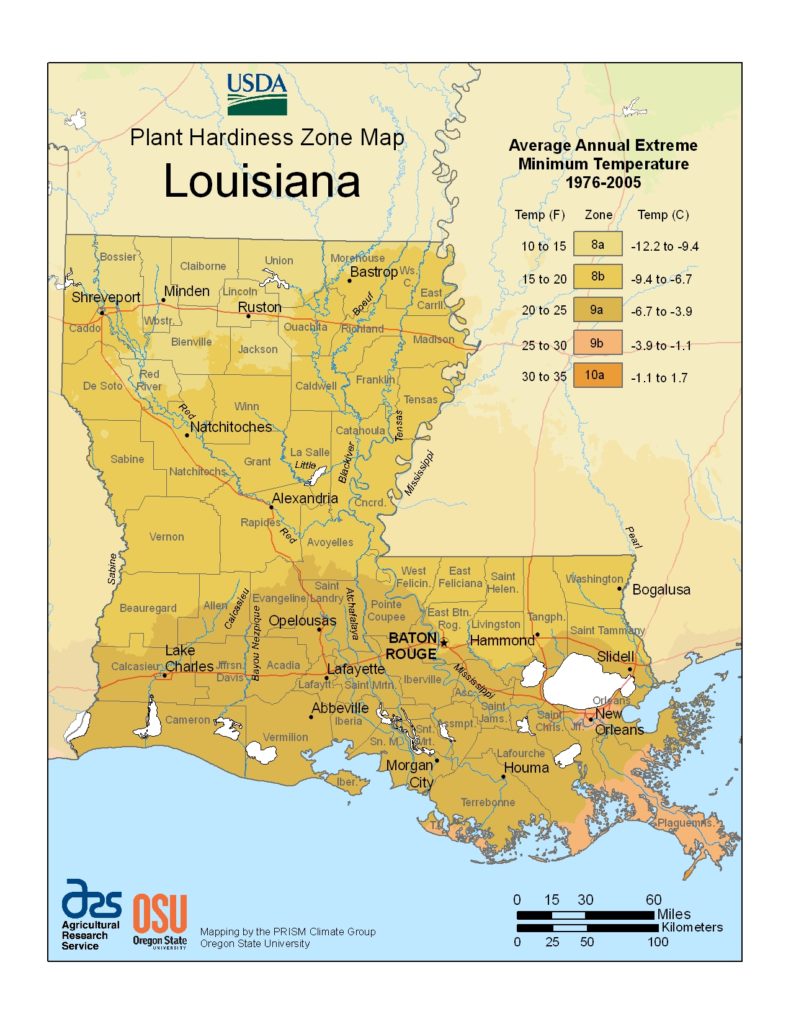
Mississippi
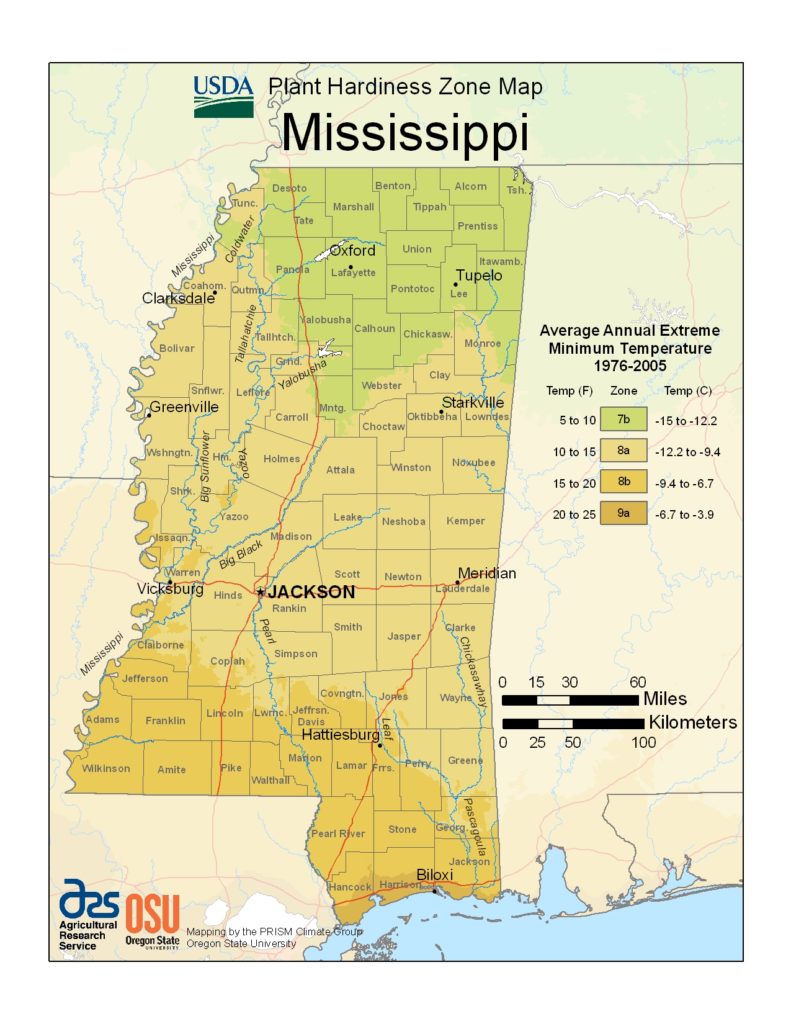
Most Common Grasses
Each type of lawn grass has varieties with its own water, mowing and light requirements. Research what seed or sod you’re purchasing, and consider consulting with a turf expert before you seed your lawn.
| Type of Common Turfgrass | Hardiness Zones | Mow Height (inches) | Light |
|---|---|---|---|
| Bahiagrass | 7-11 | 3-4 | Full sun |
| Bermudagrass | 7-10 | ⅜-1.5 | Full sun, poor shade tolerance |
| St. Augustinegrass | 8-10 | 2.5-3.0 | Full sun to moderate shade |
| Centipedegrass | 7-10 | 1.5-2.5 | Full sun to light shade |
| Zoysiagrass | 6-11 | 1.0-2.0 | Full sun to partial shade |
| Carpetgrass | 7-10 | ¾-2.0 | Full sun to partial shade |
| Kentucky Bluegrass | 7a-7b | 2.5-3 | Full sun to moderate shade |
| Tall Fescue | 3-8 | 2.5-4.0 | Full sun to partial shade |
| Perennial Ryegrass (cool season) | 7-10 | 1.0-3.0 | Full sun, poor shade tolerance |
Turf Maintenance Resources
Both Louisiana and Mississippi have rigorous college programs advancing the field of turf management. These departments are incredible resources for any turf issue you may come across.
Louisiana
LSU’s AgCenter has published the Turfgrass microsite, Louisiana Lawn Series: A Guide to Maintaining a Healthy Louisiana Lawn. The microsite covers topics such as:
- Turfgrass species identification
- Turfgrass management practices
- Soils and soil fertility
- Weeds
- Insects and other pests
- Diseases
- Testing laboratories and services
- Pesticide safety education and training
- Testing laboratories and services
- Ask an expert
- Turfgrass groups and associations
Mississippi
The Mississippi State University Extension service is the go-to resource for turf concerns and resources in the state of Mississippi.
The MSU Extension site has the following:
- Scientific publications
- Turf Tips newsletter
- MS State Extension Service Plant Diagnostic Laboratory for rapid and accurate plant disease and nematode diagnostic services
Free eBook on Home Lawns
MSU has published a comprehensive book on home lawns:
“The home lawn and turf areas surrounding churches, parks, and office buildings do more than just serve as pleasant green backdrops. The grass plants that make up the lawns serve as miniature air-conditioners and pollution-abatement centers. Download the PDF to learn more about establishing and maintaining your home lawn.”
Download Establish and Manage Your Home Lawn for free.
Common Turf Issues
Below are some of the most common turf issues that homeowners in Louisiana and Mississippi are currently experiencing. If you are experiencing a problem that’s not listed below, please refer to the turf maintenance resources.
Traffic Holes
There are no grasses that can hold up to regular wear and tear from children and dogs, with the exception of Bermuda grass. Using fertilizer and water, Bermuda grass recovers most quickly, which is the reason athletics fields in the south use it exclusively.
Weeds
Identify weeds and read about controlling them safely via fertilization, mowing and herbicides. LSU’s Turfgrass Weed guide has extensive information on the following types of weeds:
- Weedy grasses (e.g. barnyardgrass, annual bluegrass, torpedograss)
- Sedges & grass-like weeds (e.g. nutsedge, false garlic, green kyllinga)
- Broadleaf weeds (e.g. doveweed, mock strawberry, lespedeza)
Insects and Armyworms
Your lawn is susceptible to a variety of insects. High on the list of pests ruining lawns across Louisiana and Mississippi right now is the armyworm. Armyworm larvae can eat an entire lawn in one night.
If you have a hayfield, MSU has a lot of advice for identifying and treating armyworms in pastures.
LSU’s advice is geared toward home lawns. Check out LSU’s horticulturist Heather Kirk Ballard explaining more about identifying them in your yard and treating the infestation.
Finance Your Lawn in the Country
If you’re building or buying a home in the country, Southern AgCredit can help you with financing. To learn more or get started, contact Southern AgCredit today.

